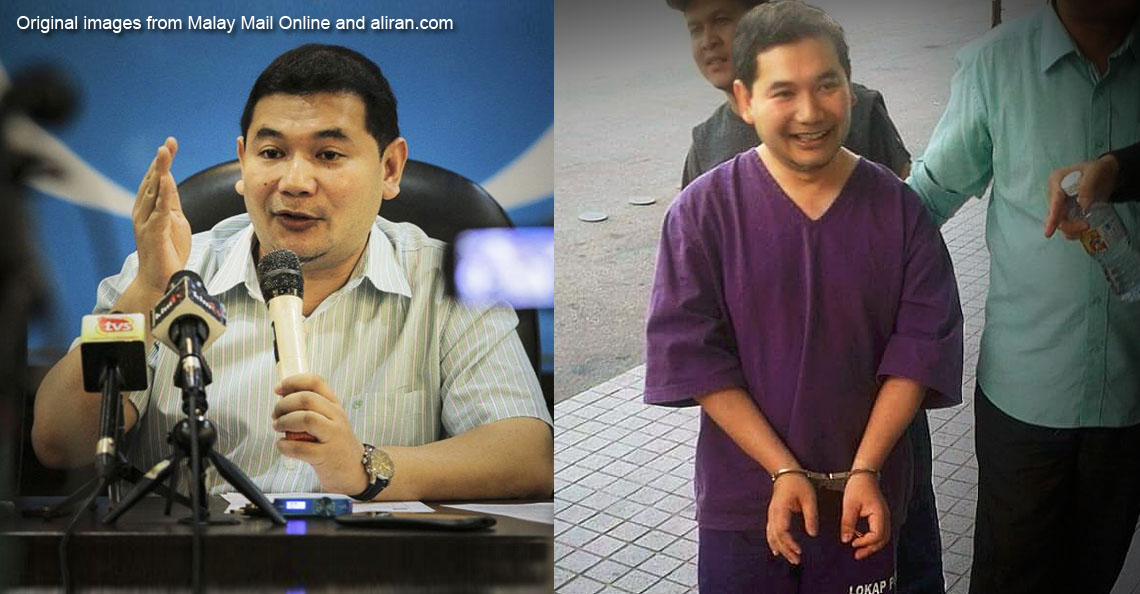OMG our MPs are revealing their bank accounts to the rakyat! Will this help stop corruption?
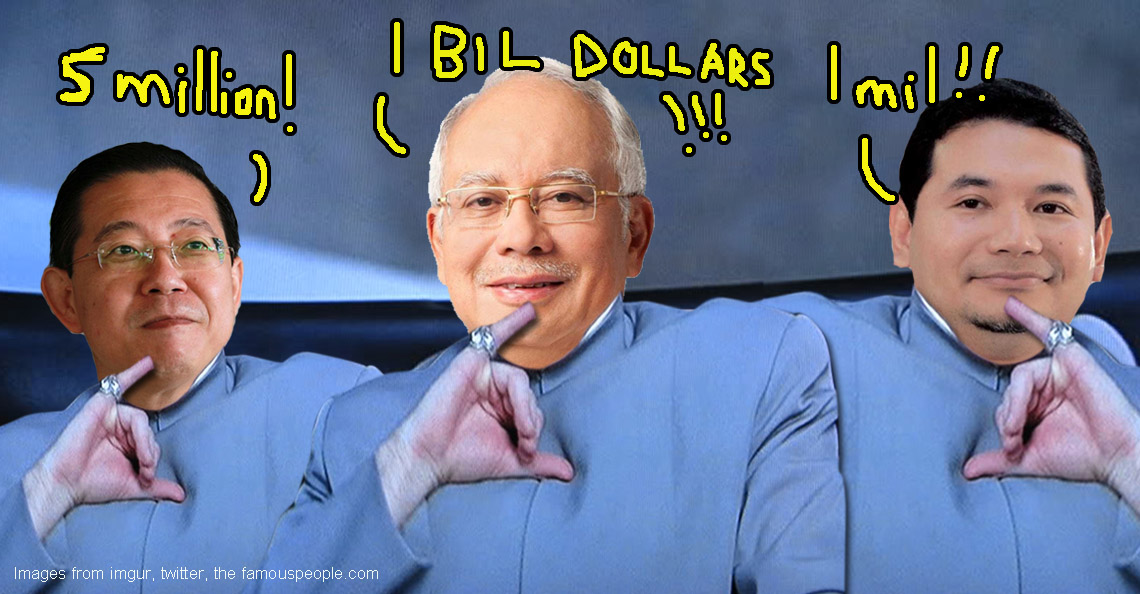
- 1.2KShares
- Facebook1.2K
- Twitter2
- LinkedIn10
- Email10
- WhatsApp22
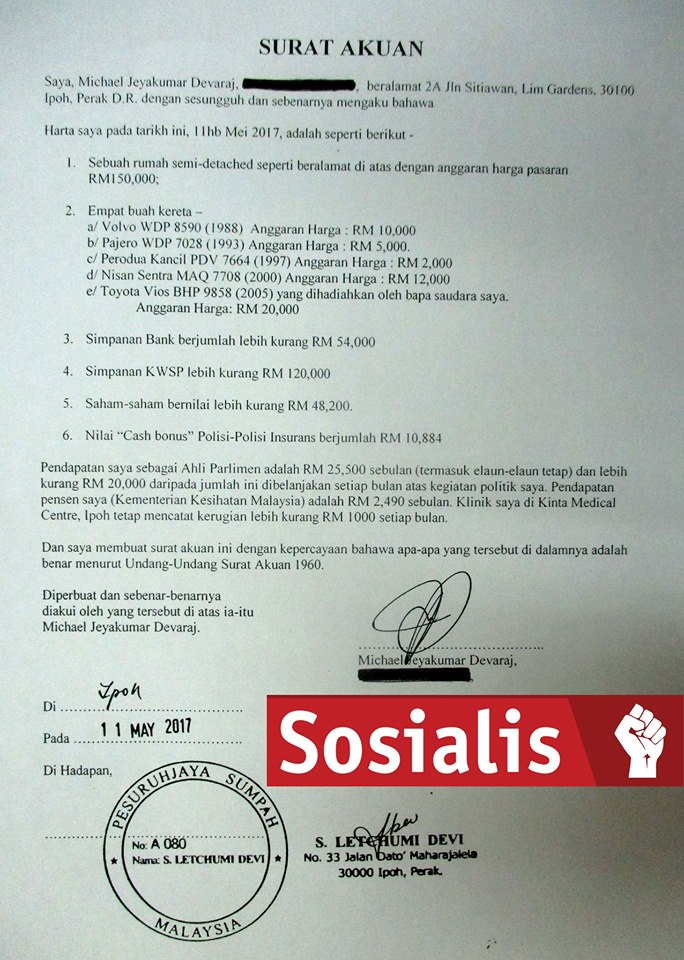
“Showing off” your assets publicly seems like the cool thing to do in Malaysian politics these days. Recently, Sungai Siput MP Dr Michael Jeyakumar Devaraj declared his assets, and apparently, he’s been doing it yearly since 2008.
If we look back on previous years, Pandan MP Rafizi Ramli was perhaps the most famous for publicly declaring his assets almost for many years, while asking a few others to do so as well. Even the Penang state assemblymen and EXCOs has done it.
Then, PKR said during their national congress that they’re going to have all PKR candidates declare their assets for the coming election! But then Tengku Adnan Tengku Mansor revealed that BN had always required candidates to declare their assets!!! And Minister Khairy Jamaluddin said he also declared his assets before taking his oath as minister.
So there. End of story. Everyone said they declared their assets, means Malaysian politicians are all transparent, accountable and full of integrity right?
But actually… what can we find out from their declared assets?
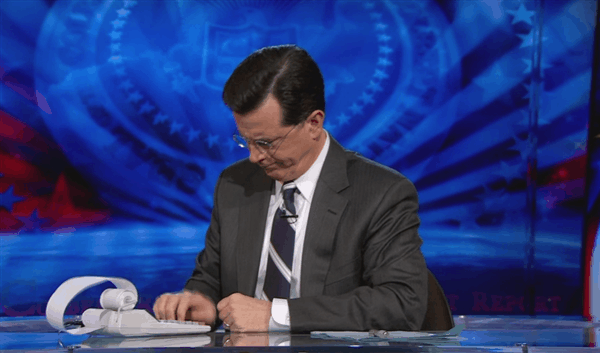
There are 2 main purpose of having an asset declaration system. Firstly, it is to confirm if an official received his wealth by legal means. Secondly, it is to detect conflict of interest, meaning to find out whether the official is personally invested in something that might prevent him from “doing the right thing”.
To achieve these goals, the system has to have a number of features:
- The declaration is backed by law and done periodically (every 1 or 2 years)
- It covers a wide range of assets and applies to family members and close associates.
- Monitored and enforced by an independent third party
- The information is open to the public
Ignoring point number 1, (since there’s nothing much we can do about that) lets use the declarations from Pandan MP Rafizi Ramli as a comparison to these standards, because although it’s not ideal, it is the closest out of all the examples made available to the public.

The MP has declared a large range of assets, from his properties, savings from various accounts, income source, and even shares that he is holding. Not to say that the MP did anything wrong, but notice that it still falls short of a couple of things.
Firstly, the assets of his family or close associates are not declared. This is important because its possible for family member’s names to be used to conceal illegal gains. Secondly, there is no review or cross-checking to verify the statements, although it will be easy for the authorities to do so, since he has submitted photocopied evidence.
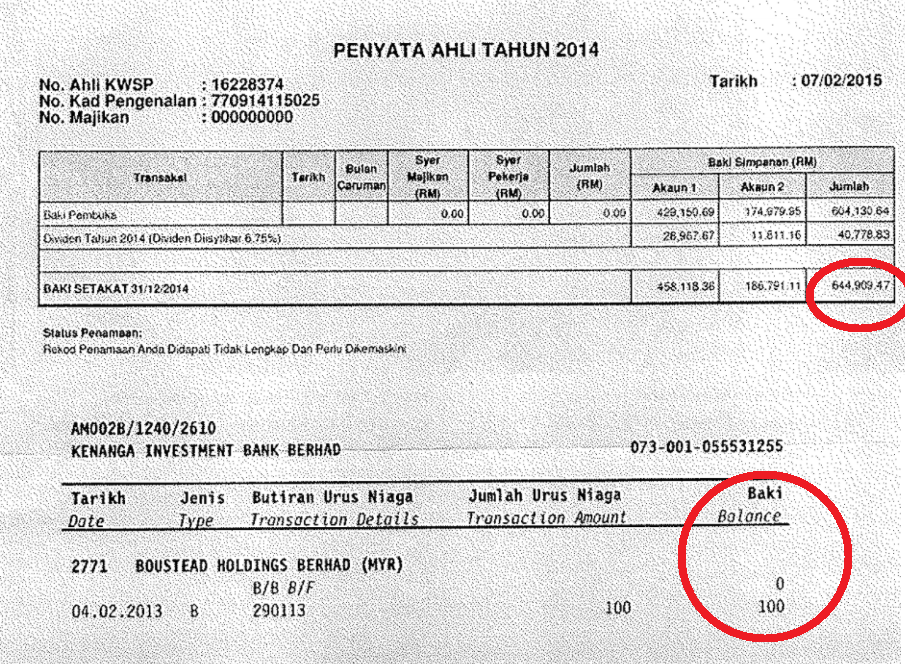
Although not as much as YB Rafizi, the declaration of the Sungai Siput MP and the Penang state gomen members is pretty extensive too, but the exact values of certain things are not disclosed, and it also doesn’t cover their family member’s assets. Similarly, no authority has verified the information declared.
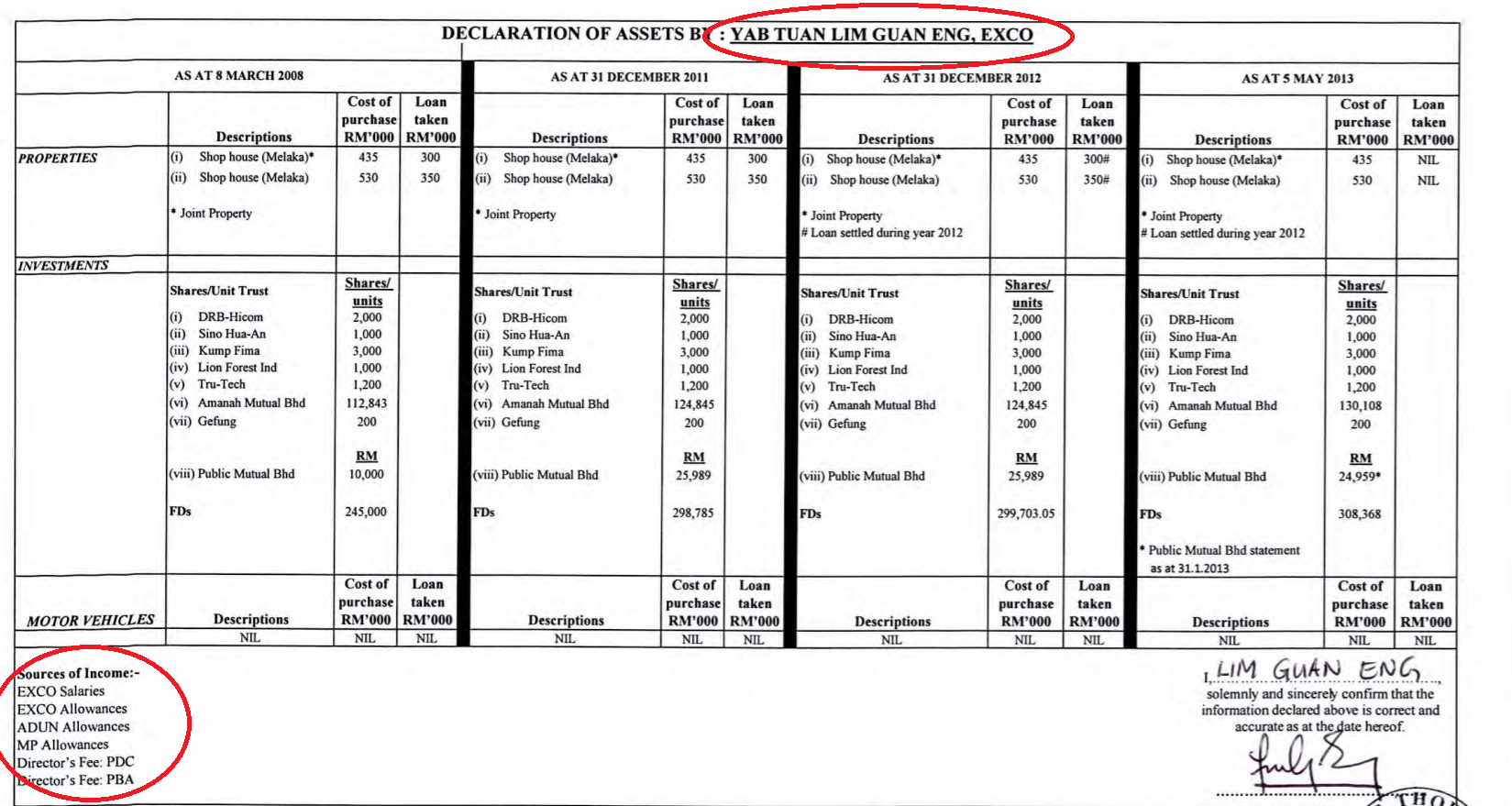
Will things really improve if we made officials declare their assets?
It’s no surprise that an effective declaration system helps hold the governing body accountable. International bodies like the Organisation for Economic Co-operation and Development (OECD) and The World Bank have all studied and concluded on the benefits, and push for gomens around the world to implement a transparent asset monitoring system.

But some have actually tried to argue against the implementation with the reason of protecting their privacy, and we’re not talking about Malaysian politicians. A council member in Poland claimed that being forced to disclosed his financial situation was a breach of the European Convention of Human Rights, and so he refused to submit his asset declaration and even filed a complaint to the European Court of Human Rights.
The court actually agreed with his argument, but decided that declaring his assets at the cost of his human rights was reasonable, since it wasn’t too troublesome. So, to re-cap: a court of the EU specifically caring for human rights decided that a little bit of your privacy should be ignored for the purpose of declaring your assets.

We have an asset declaration practice, but it’s barely serving its purpose

According to a publication by IDEAS, Malaysia actually has a system in place. The Public Officers Regulation (Conduct and Discipline) 1993 requires all public servants and their immediate family to declare their assets. This applies to everyone from the top to the bottom of the organisational chart in all public agencies. Finding this a bit hard to believe, we asked some gomen people if they ever did such a thing.
According to a colleague’s gomen fren, they declare their assets by filling an online form once they get employed, and they re-declare every 5 years. But the irregularity was that he didn’t need to declare the assets of his family.
Another source who is a commissioner of the EAIC, told us that each agency processes their declaration differently, and there isn’t a centralised way of handling all the declarations. As for enforcement, the judge said
“I’ve never heard of false declarations being investigated.” – Judge told Cilisos
But most recently, there was a high profile case of former Criminal Investigation Department (CID) chief Ku Chin Wah. He was charged for not declaring his source of income, but the records showed otherwise. He was very recently acquitted of the charges.
But what about our YBs and ministers? Are they considered public servants since they serve the rakyat and are paid by our taxes too? According to previous research by AskLegal, members of parliament and ministers are not public officers/ civil servants, and this was further confirmed by our judge source.

But MPs and ministers have their own system. Ministers and high-ranking officials only need to declare to the Prime Minister, and the information is made available to the MACC. MPs on the other hand, are compelled to declare their assets by a Code of Ethics, but that is probably just an informal rule because it is not legally binded.
So what does a good declaration system really look like ?
According to the World Bank, over 150 countries have some kind of asset disclosure requirement for their public officials, so the thing that really matters is how well the system really works. One of the most highly praised and complied system is the one adopted by the US, but the whole thing is pretty complicated.
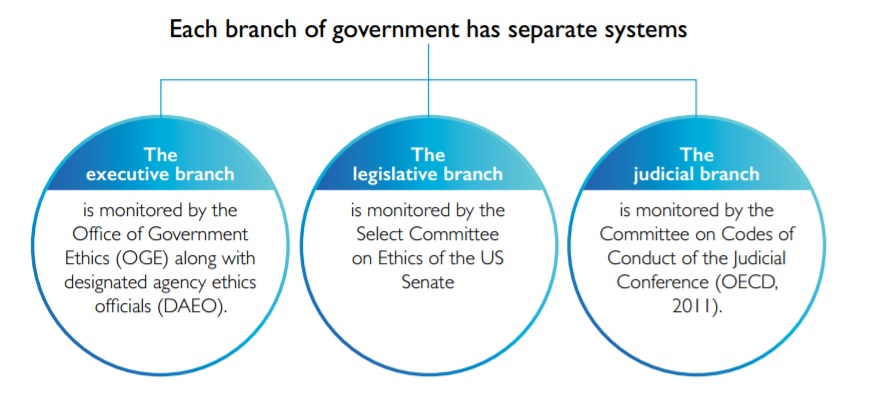
Each branch of the US gomen is supervised by its own department. Not only that, officials have to submit their declarations annually for review, and there are even secondary reviewers to review those submissions. If some conflict is detected, the case will be referred to another separate body such as the FBI or the D.O.J, and investigations will be carried out.
That amount of layers can be distracting and inefficient, so we don’t have to adopt the system exactly to have an efficient asset declaration lah.
Will this eventually become a law in Malaysia?
We went to the official websites of the Penang and Selangor state gomens to find the declarations, but in the end we had to ask the web admin for help. Within a day, the Penang admin got back to us with the 2011 and 2013 declarations, but we have yet to receive a reply from the Selangor website.
While the Penang declarations are not as extensive and frequent compared to the Pandan and Sungai Siput MPs, it’s still better than having literally no released documents at all. Compared to the systems of other countries, Malaysia’s seem like it is in need of some serious makeover, but at least there are already plenty of guidelines made available to us.
If the authorities were serious about being transparent, there should be no reason to hold back on personal financial information. Holding the authorities accountable is a sure way to reduce the abuse of power, and if their actions is put out for all to see, surely the effect would improve many fold. At the end of the day, all we’re asking for is just a little bit of
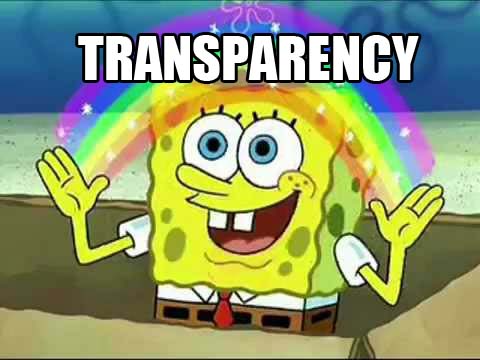
- 1.2KShares
- Facebook1.2K
- Twitter2
- LinkedIn10
- Email10
- WhatsApp22


